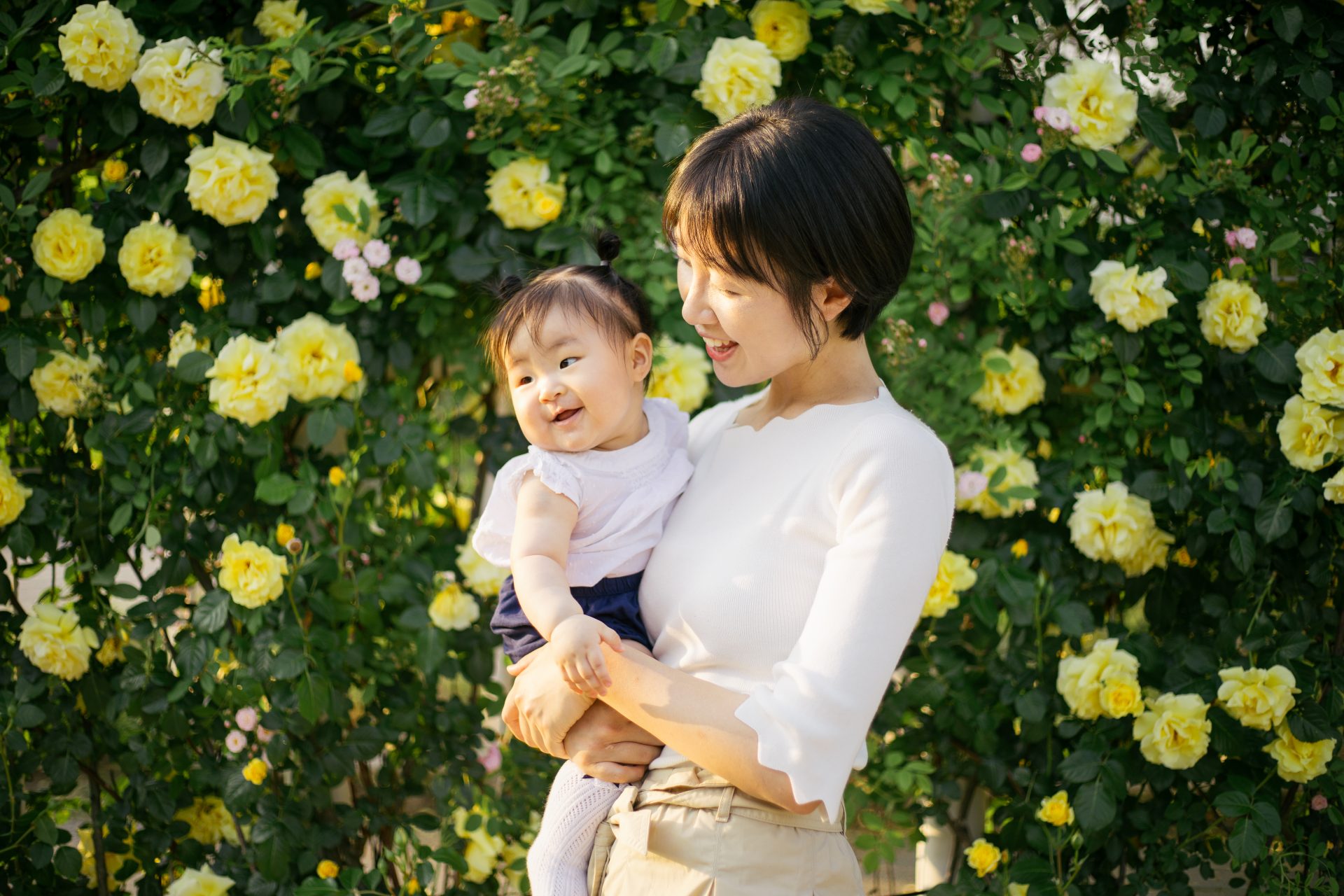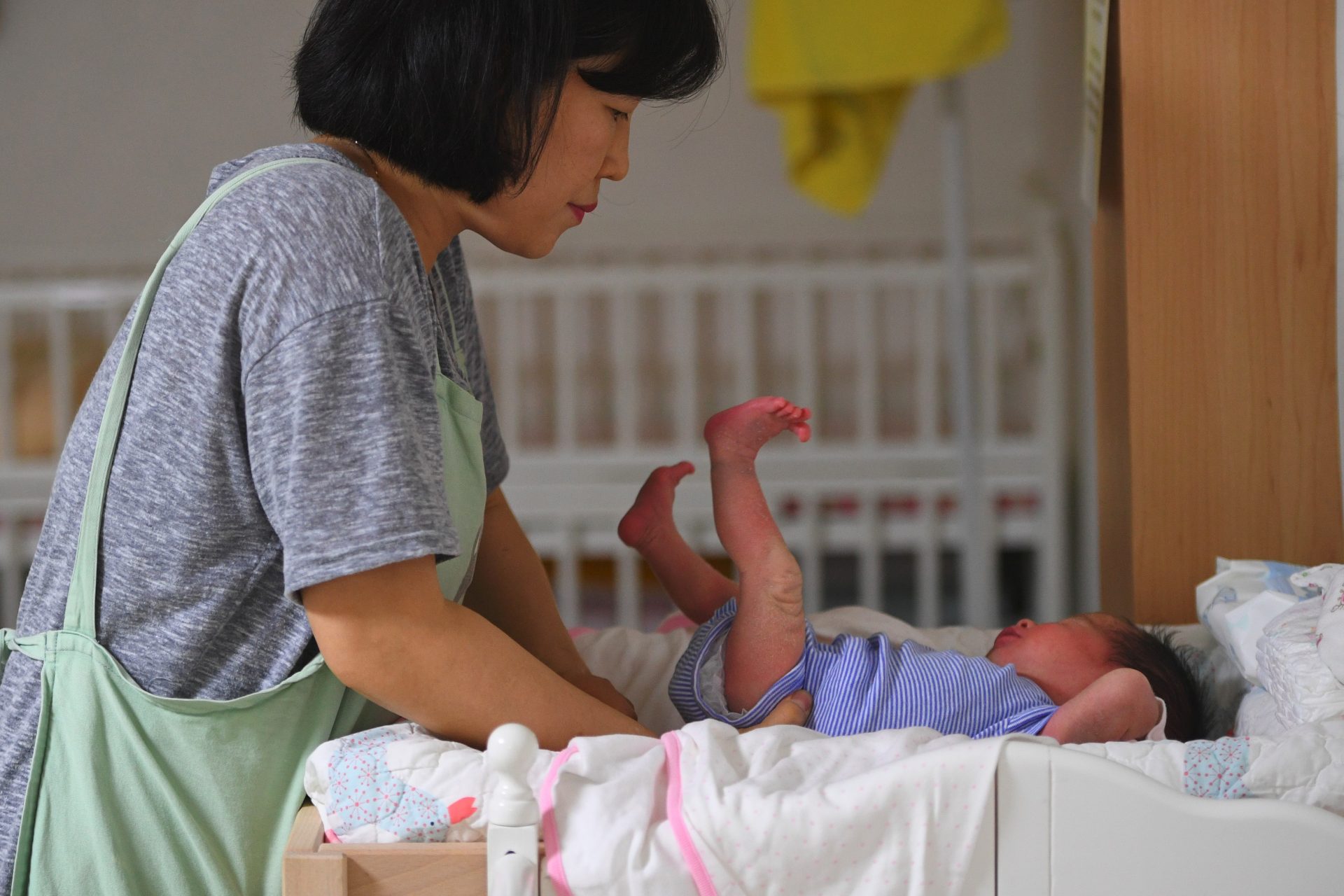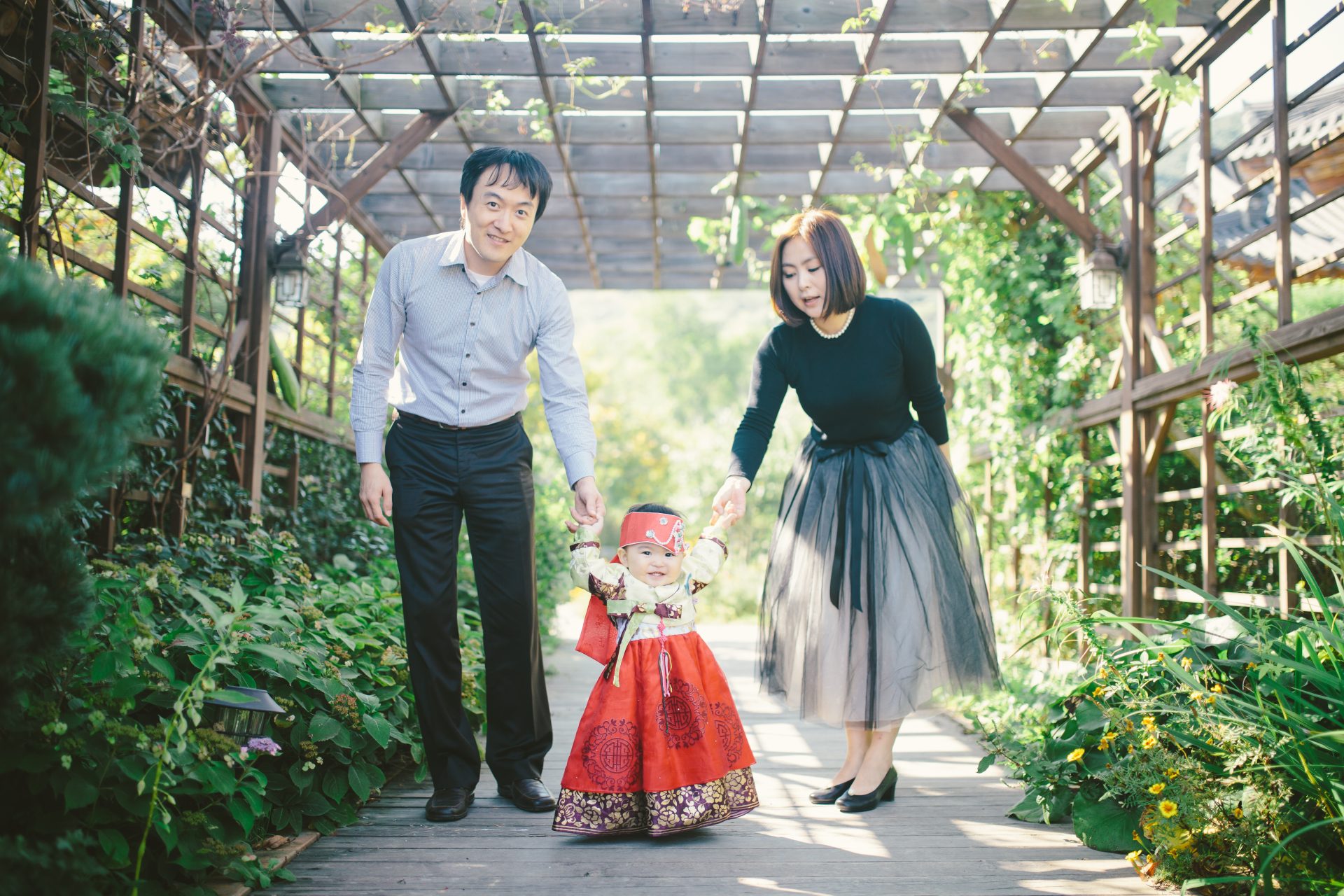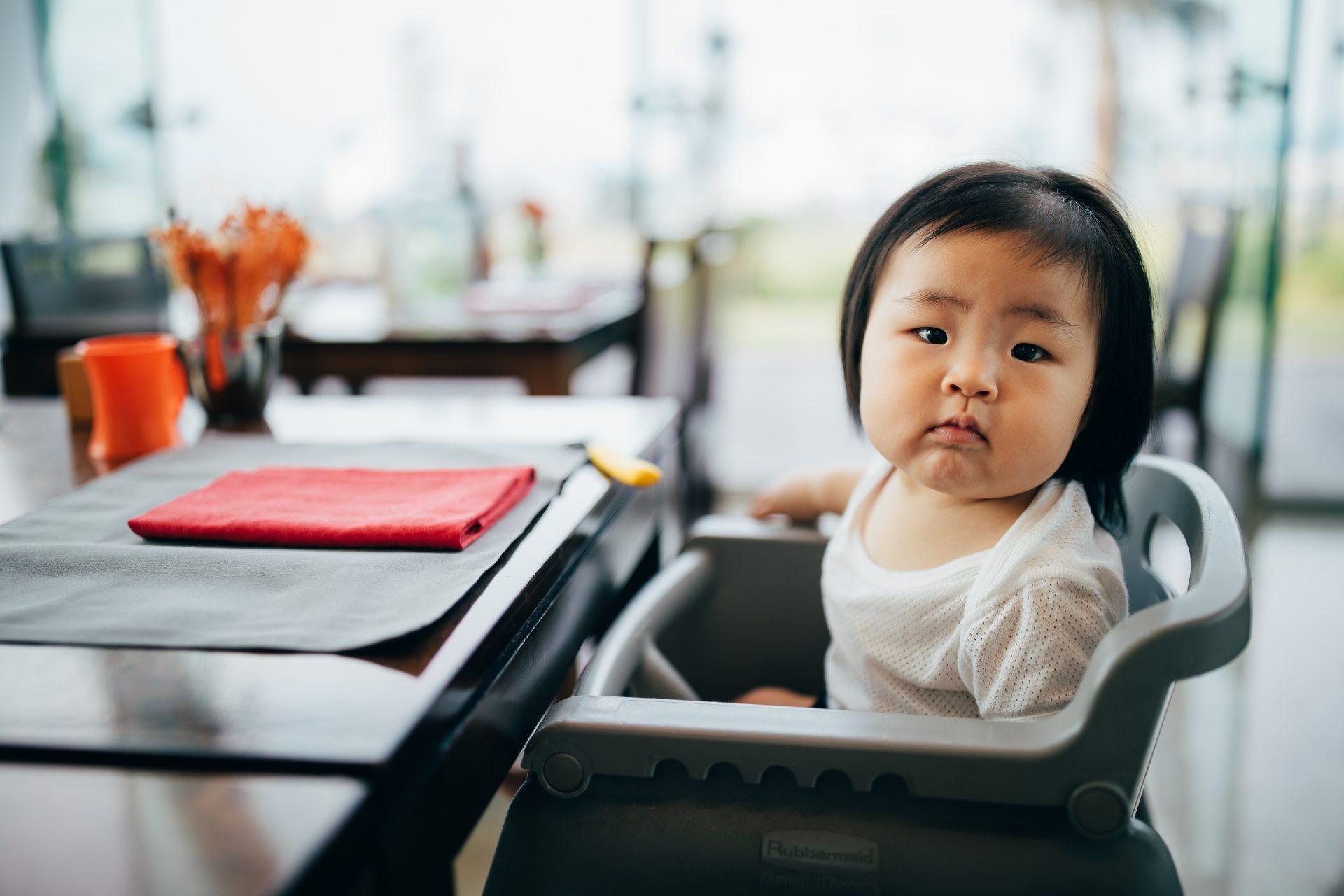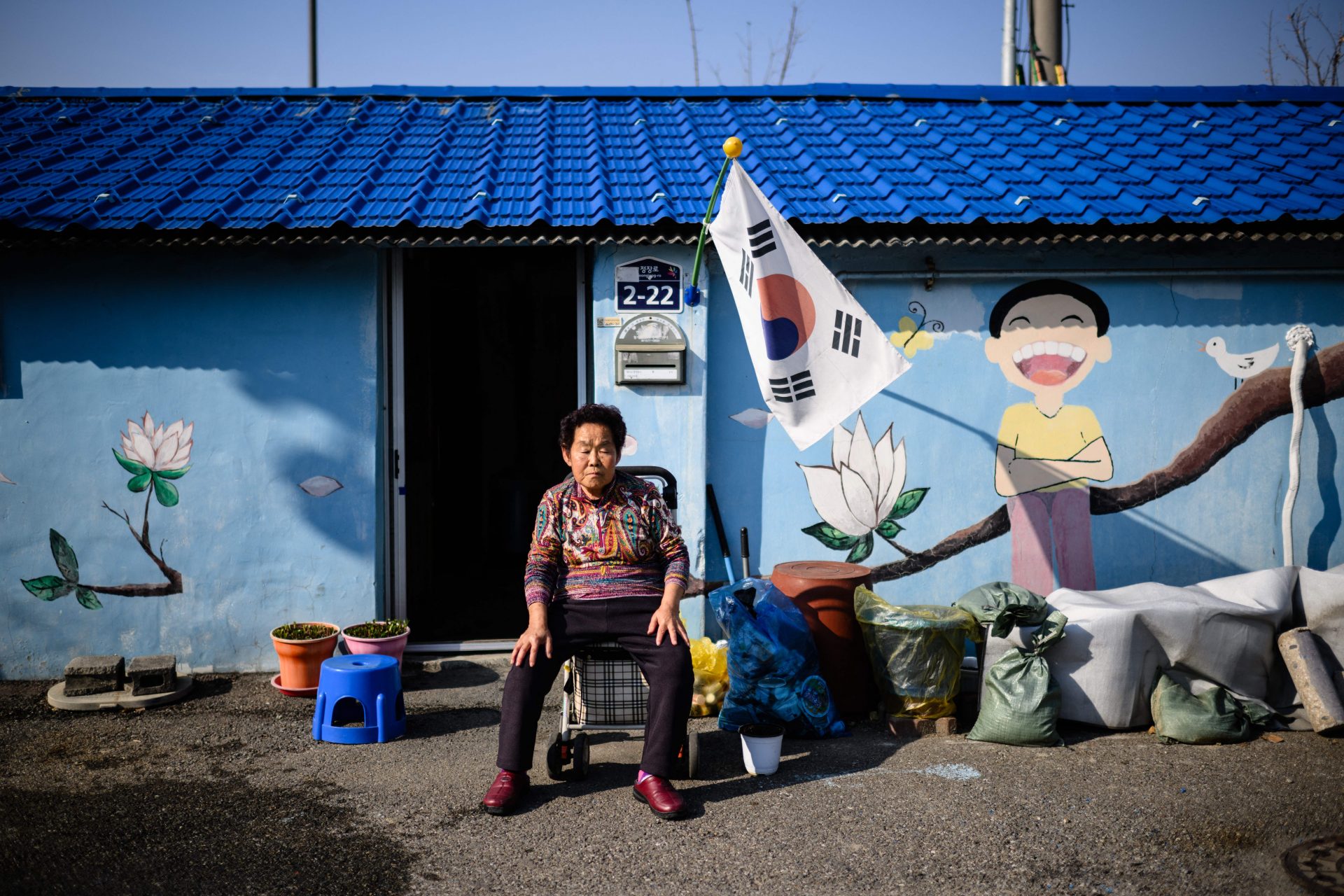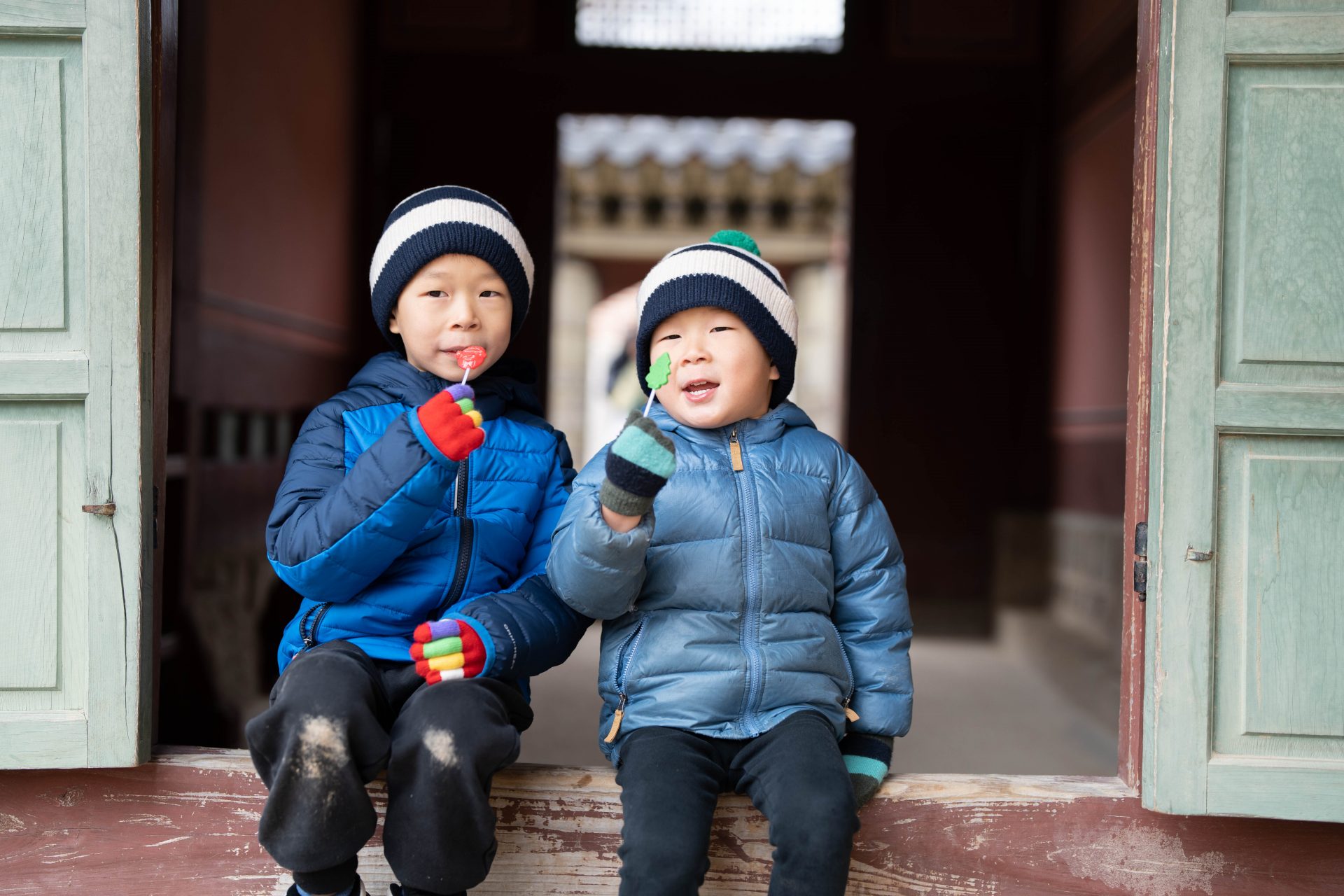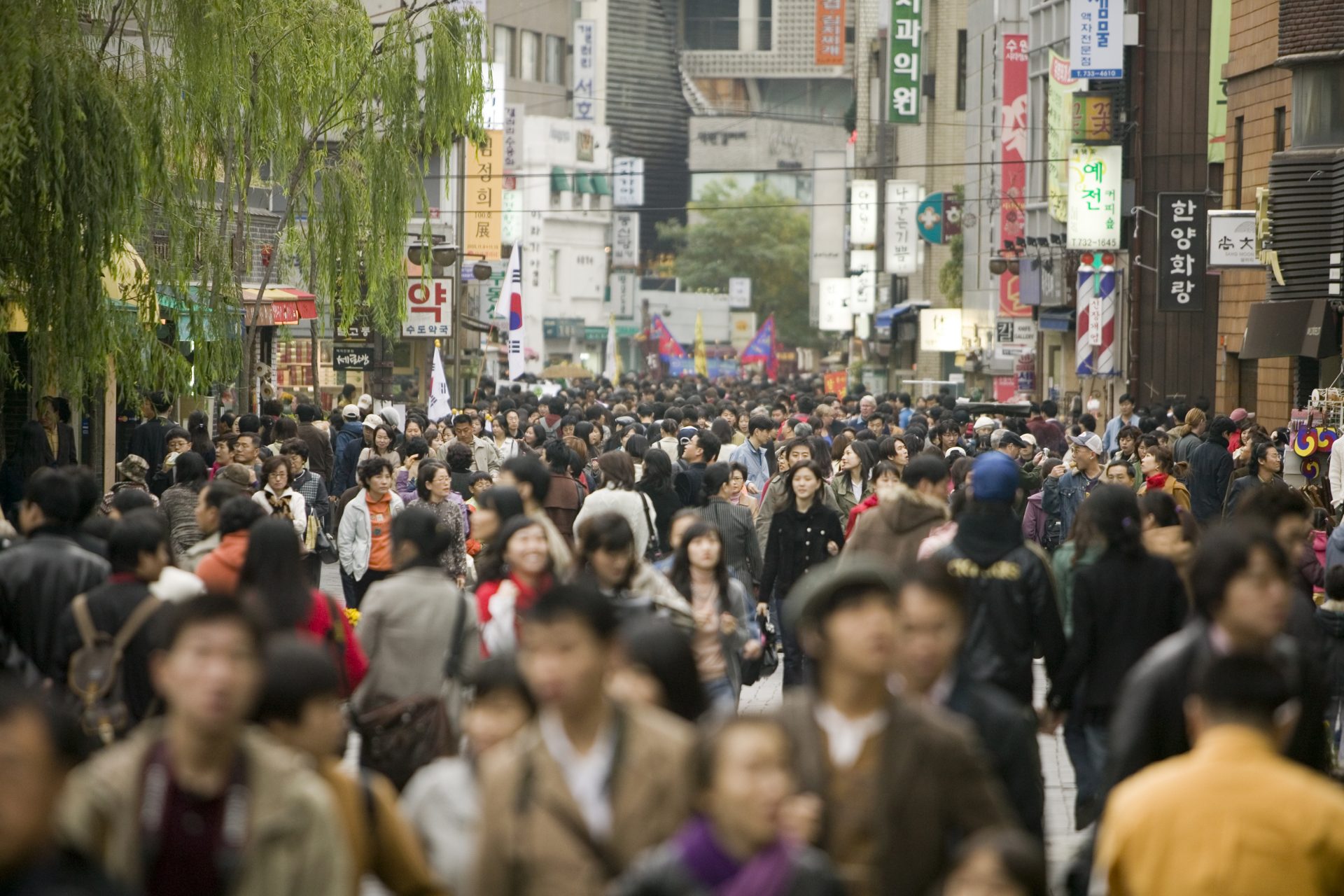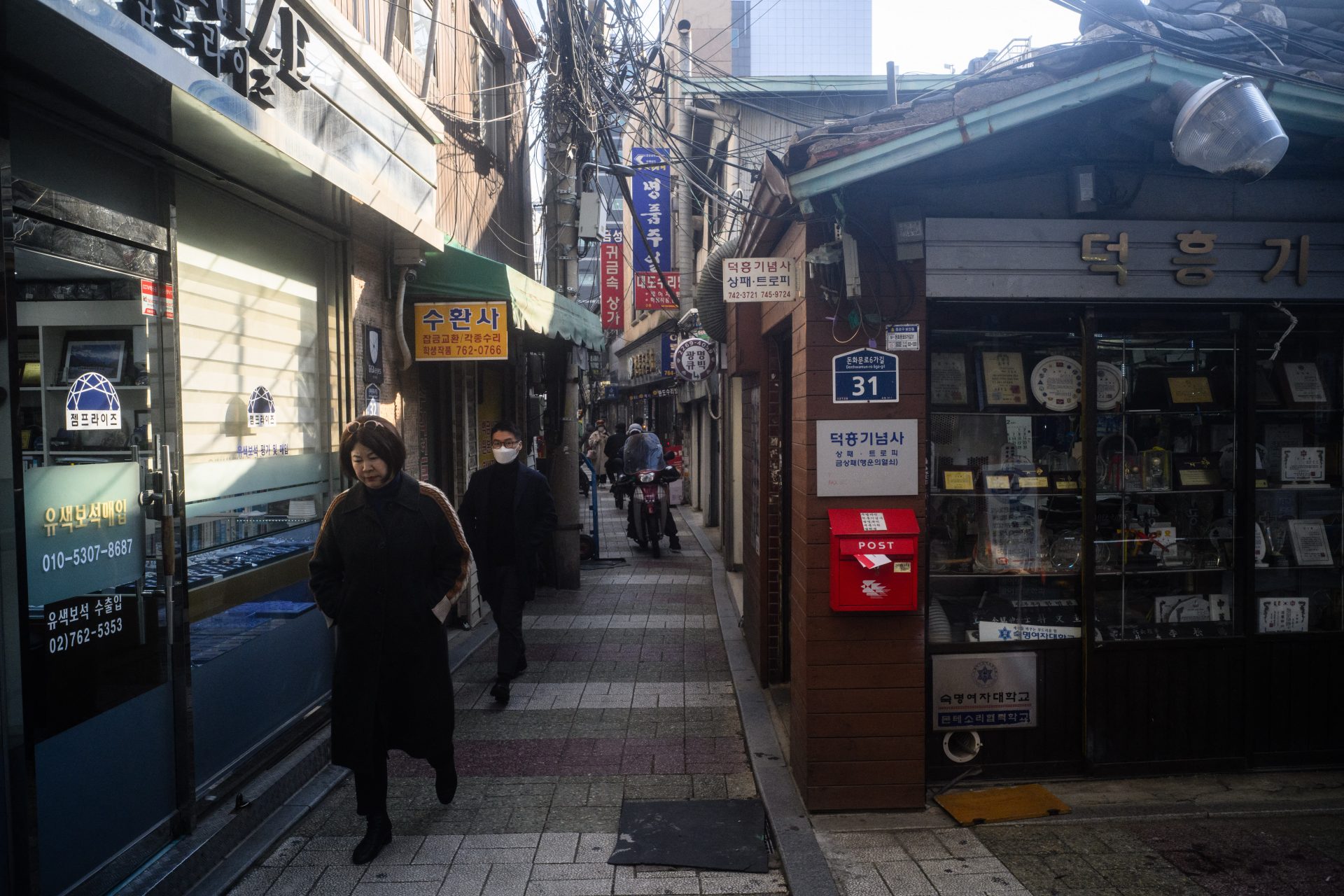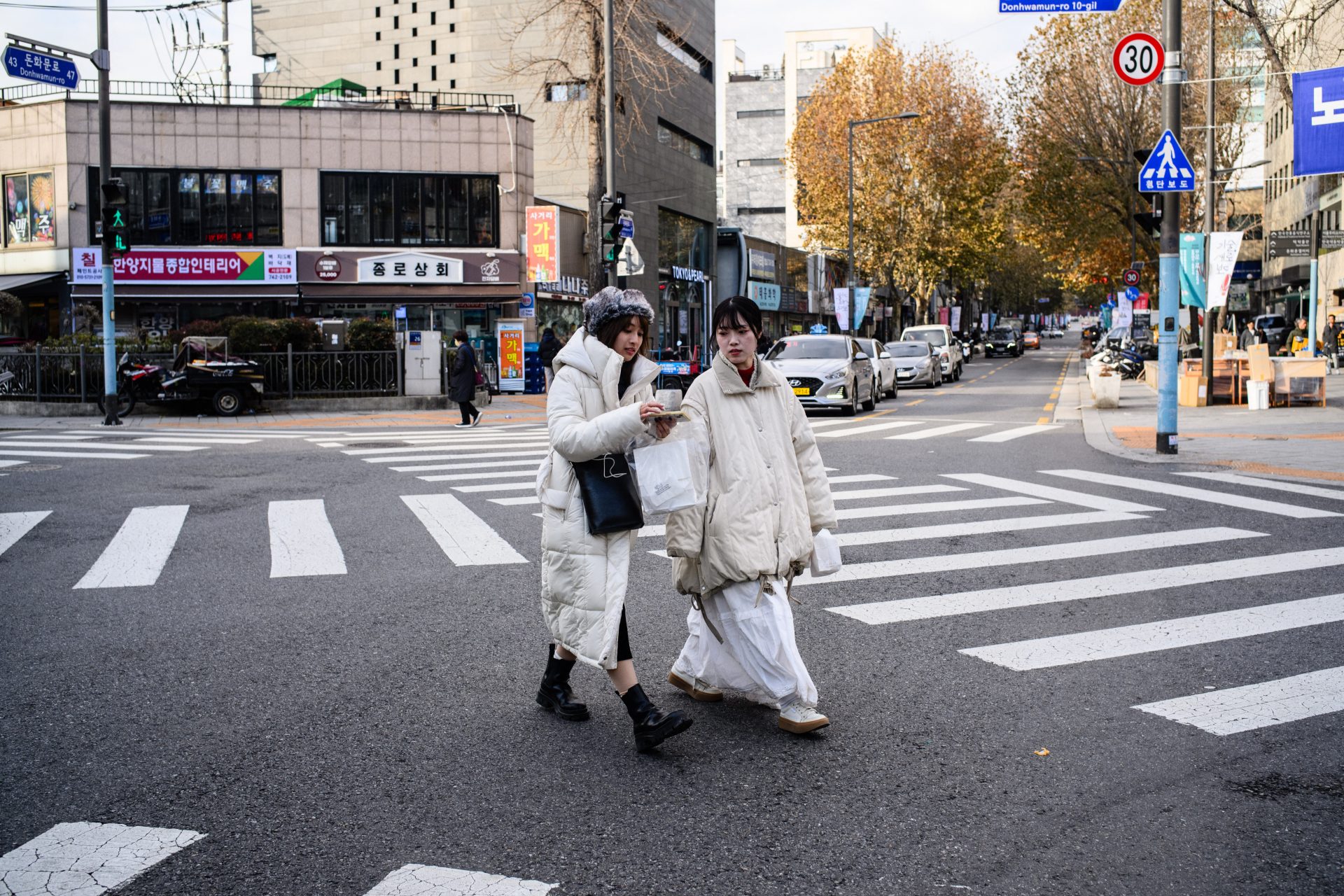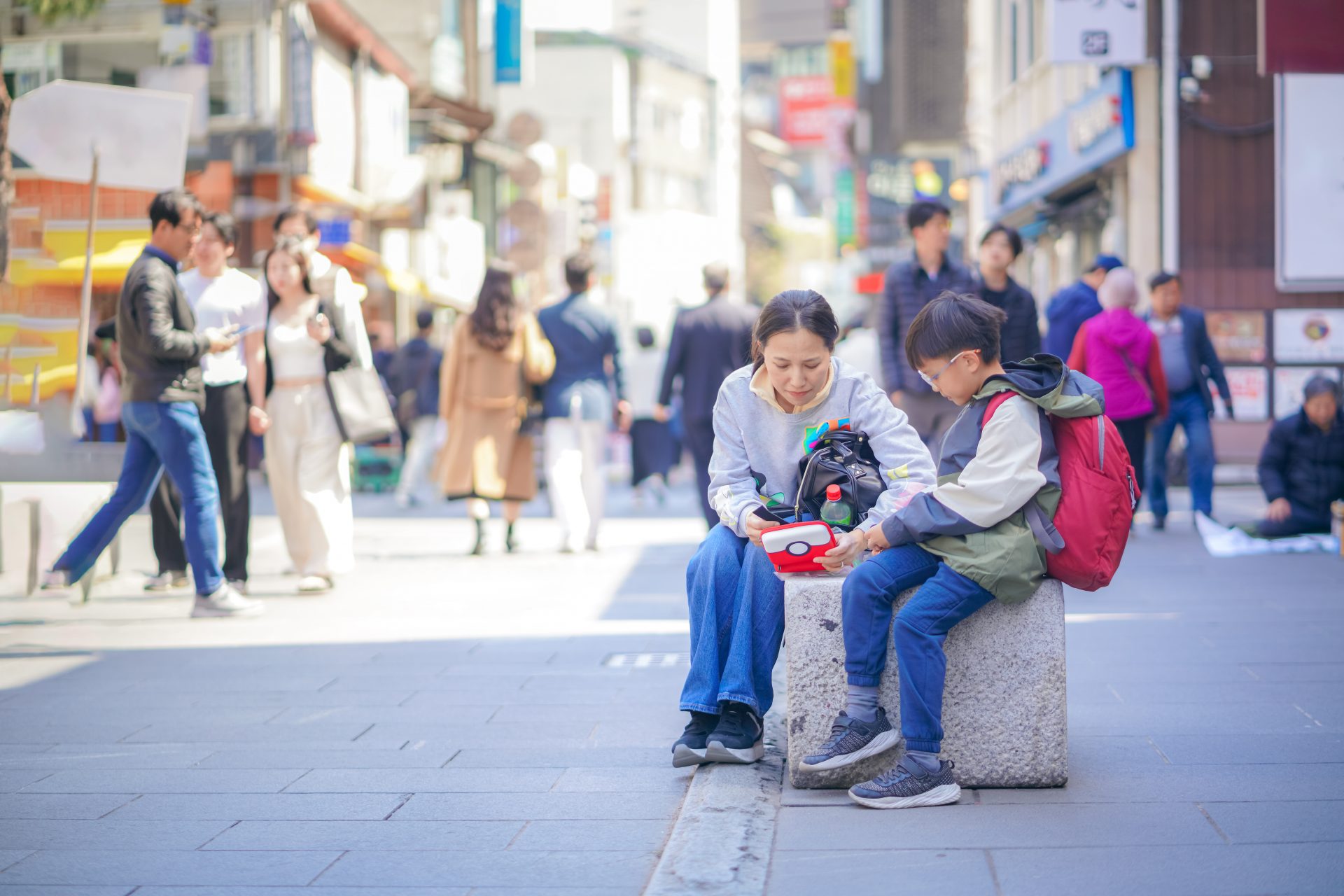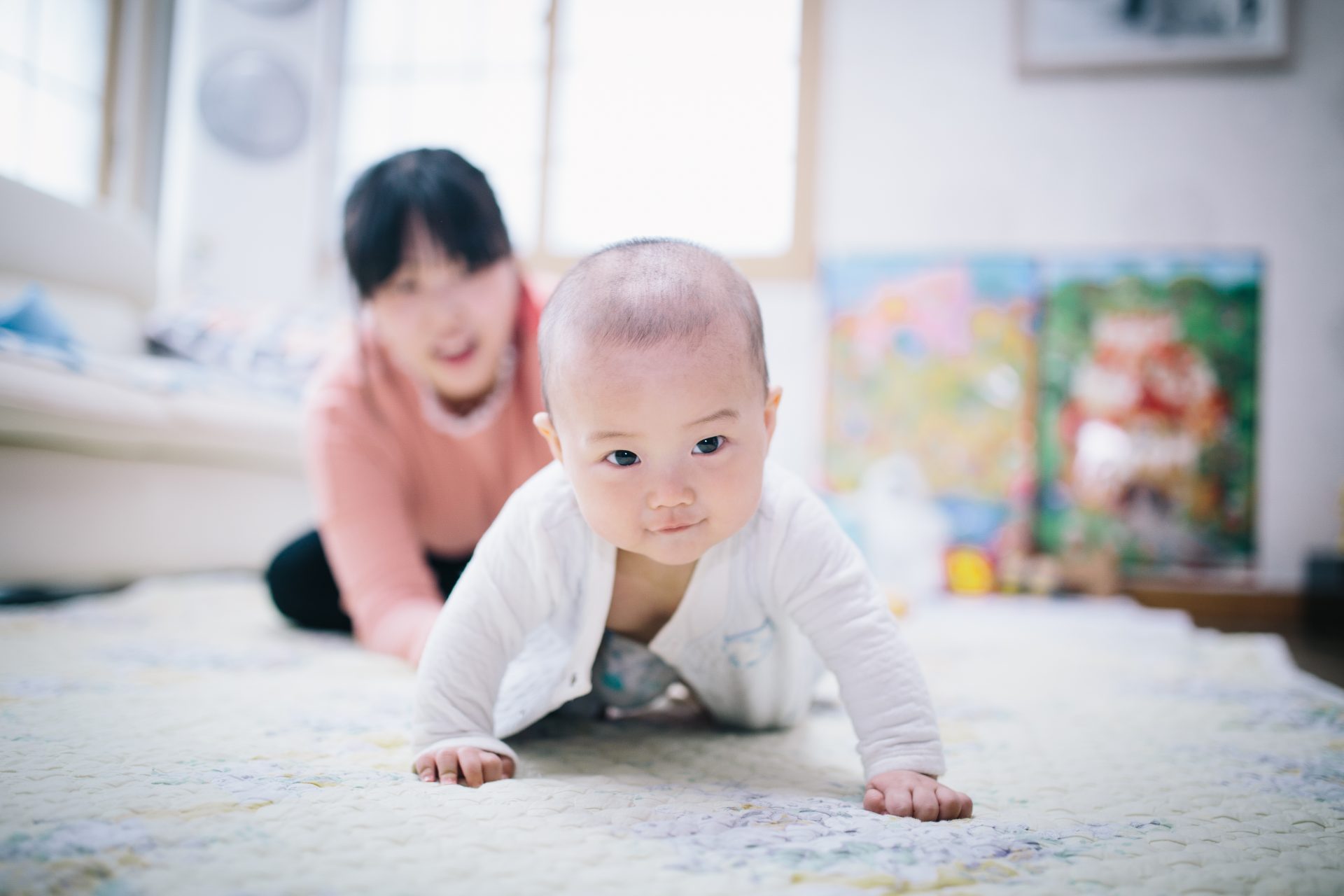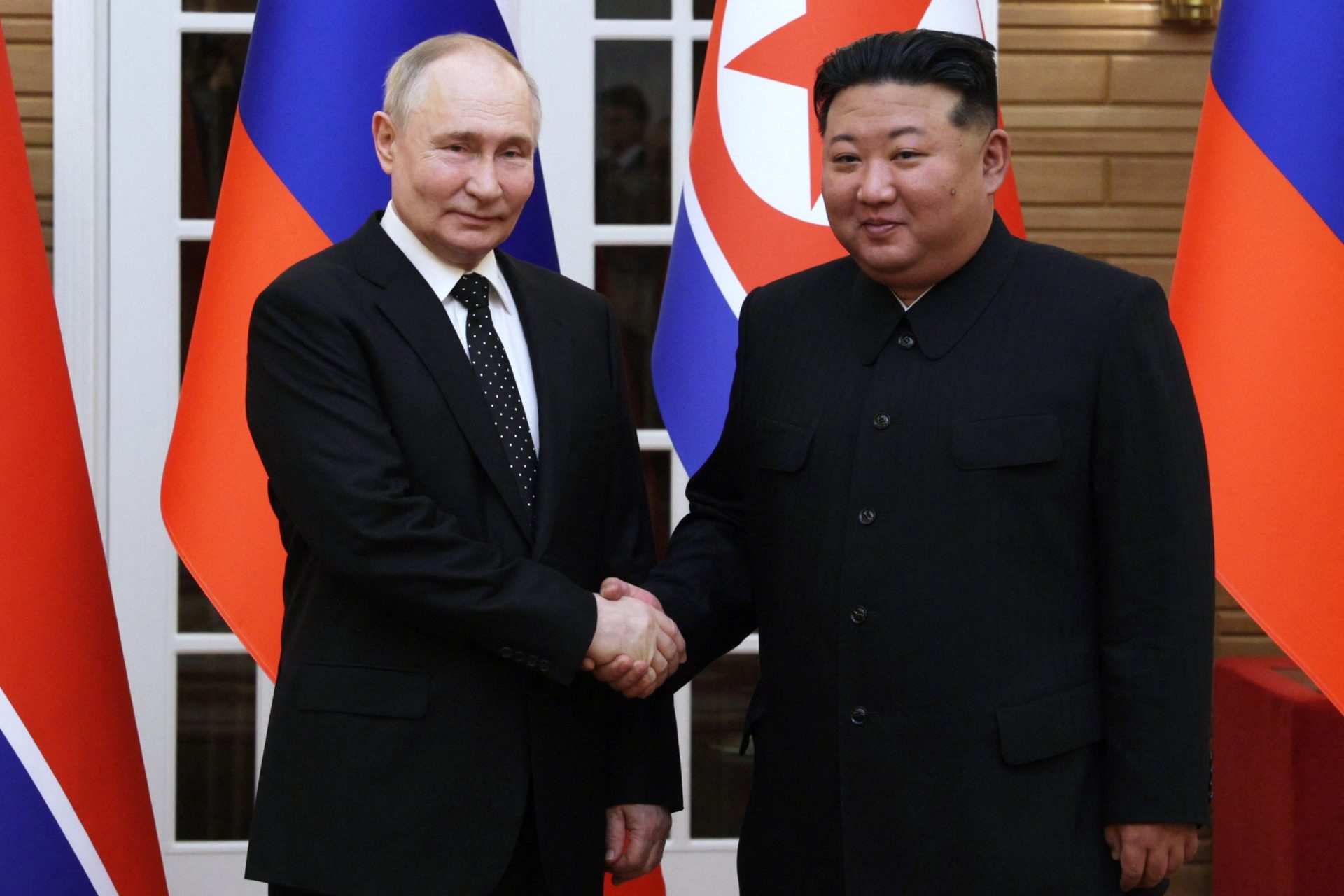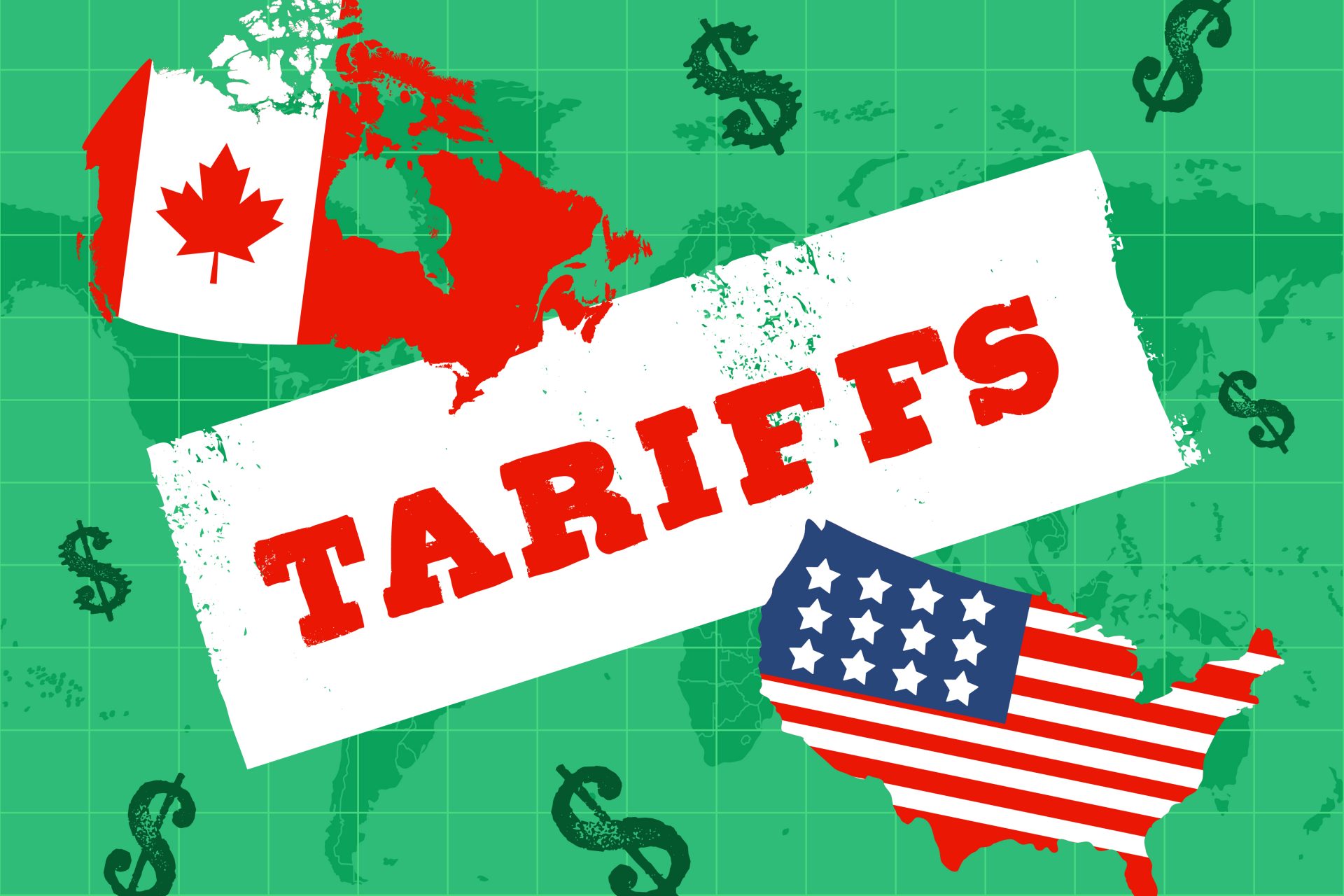Imagine being paid to have children: South Korea's $75K solution
According to CNN, South Korea had the lowest fertility rate in the world in 2022, with an average of only 0.78 children born per woman in her lifetime. This has led to concerns about the country's declining birth rate.
The World Economic Forum highlight that South Korea's birth rate is extremely low even when compared to countries famous for their low birthrates such as Spain has 1.23 births per woman, Italy 1.24, and Japan 1.34. If countries want to maintain a stable population, the rate must be 2.1.
Experts say the birthrate in the country is expected to keep falling, and things are so dire that a company in South Korea is offering to pay its workers thousands of dollars just to have kids.
Euro News reported that Booyoung Group, a construction company based in Seoul, announced on February 26 that it will pay its workers 100 million Korean won, around $75,000 or 70,000€ for each baby they have.
Booyoung Group’s Chairman Lee Joong-keun said the company wanted to offer its employees “direct financial support” to make the financial burden of raising children less of an issue, as reported by CNN.
“I hope we would get recognized as a company that contributes to encouraging births… and worries about the country’s future,” Lee told his employees at a meeting.
The measure will be applied to both male and female employees, and in a press release, the company spokesperson said the company wants to do its bit to help improve the plummeting birth rate in South Korea.
According to a press release, Joong-keun Lee, the founder of Booyoung Group, said, "If the current state of low birthrates persists, we will face a national existential crisis such as workforce decline and a lack of defence manpower necessary for national security."
CNN reported that Booyoung Group also said that employees with three babies can choose between receiving 300 million Korean won ($225,000) in cash or rental housing if the government provides land for construction.
But why does South Korea have such a low birth rate? Will more money be enough to entice young people into procreating?
CNN highlighted that the experts the news outlet spoke to claim that the low birthrate in South Korea comes down to a variety of factors, from the high cost of raising a child to the father's not helping enough with childcare to a changing view on family values.
Insill Yi, President of the Korean Peninsula Population Institute for Future and former Korean statistics commissioner, spoke to Euronews Next saying, "Humans have two different instincts – one is to preserve their species and the other is to survive. Right now, survival is too challenging that we cannot afford to care about preservation."
Insill Yi continued, "To put it simply, the biggest factor is that it’s difficult to plan the future, which is necessary if you want children, because life is so challenging and competitive right now, and the future with children doesn’t feel so relevant to them".
According to the World Economic Forum, the South Korean government already has economic measures in place to entice its population to have more kids. The government offers a stipend of $770 a month for one year for each baby a family has.
However, although the government aid offered for having children is generous, so far, it has not affected South Koreans' decision to have more kids. According to EuroNews, experts believe more companies will begin to offer incentives for having kids as they become more worried about the future.
Insill Yi, President of the Korean Peninsula Population Institute for Future and former Korean statistics commissioner, told EuroNews, "One of the most important things for a company is labour, right? They may experience difficulties in recruiting employees, but another aspect is that consumers are disappearing."
Yi continued, "As the population decreases, I think companies are experiencing a sense of crisis. I think this is almost the beginning of companies starting to think, ‘What should we do?’ I believe that more companies will join this effort in the future".
Only time will tell if the efforts of the government and private companies in South Korea will be enough to turn the tide. For some potential parents, money alone may not be enough to change their minds that they are better off child-free.
More for you
Top Stories



